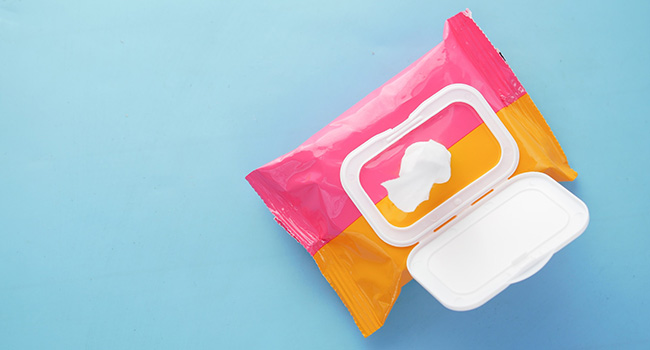
Multidrug-resistant organisms (MDROs) are bacteria or microorganisms resistant to multiple antibiotics. They pose a severe threat to public health, as they are challenging to treat and can cause severe infections. Effective infection control measures and antibiotic stewardship are essential in combating the spread of MDROs and preserving the effectiveness of antibiotics. MDROs are commonly found on high-touch surfaces in multi-patient rooms, posing a risk of hospital-acquired infections (HAIs).
Clinical Trial
A clinical trial assessed the impact of placing single-use cleaning/disinfecting wipes beside each bed. The study focused on outcomes including HAIs, cleaning frequency, MDRO room contamination, new MDRO acquisitions, and mortality. Clusters were randomly assigned to use either single-use quaternary ammonium wipes (Clinell) or standard practices involving reusable cloths and bleach buckets. Six-month intervention periods were implemented in alternating sequences, with washout periods in between. Fluorescent markers were used to monitor five high-touch surfaces.
Results
A total of 7,725 patients (47,670 person-days) were included, with 3,793 patients in rooms using intervention cleaning and 3,932 patients in rooms using standard practices. The two groups had no significant difference in HAI rates during the intervention period. However, in rooms with the intervention, the frequency of environmental cleaning was higher, MDRO environmental contamination rate was insignificantly lower, the new MDRO acquisition rate was lower, and the in-hospital mortality rate was lower.
Conclusion
Placing single-use cleaning/disinfecting wipes beside each bed did not impact HAI rates. However, it did lead to increased cleaning frequency, reduced MDRO environmental contamination, lower incidence of new MDRO acquisitions, and decreased mortality. This practice is feasible and effective in improving patient outcomes in multi-patient rooms.
__________

